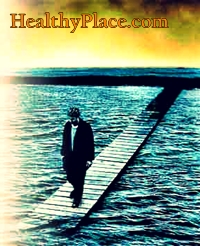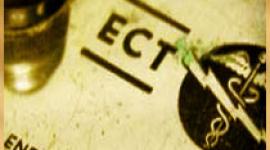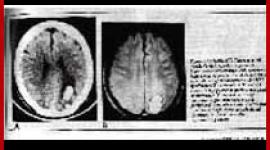Co-Occurrence of Depression With Stroke
- Depression is a common, serious and costly illness that affects 1 in 10 adults in the U.S. each year, costs the Nation between $30 - $44 billion annually, and causes impairment, suffering, and disruption of personal, family, and work life.
- Though 80 percent of depressed people can be effectively treated, nearly two out of three of those suffering from this illness do not seek or receive appropriate treatment. Effective treatments include both medication and psychotherapy, which are sometimes used in combination.
 Depression Co-occurs With Stroke
Depression Co-occurs With Stroke
- Of particular significance, depression often co-occurs with stroke. When this happens, the presence of the additional illness, depression, is frequently unrecognized, leading to serious and unnecessary consequences for patients and families.
- Though depressed feelings can be a common reaction to a stroke, clinical depression is not the expected reaction. For this reason, when present, specific treatment should be considered for clinical depression even in the presence of a stroke.
- Appropriate diagnosis and treatment of depression may bring substantial benefits to the patient through improved medical status, enhanced quality of life, a reduction in the degree of pain and disability, and improved treatment compliance and cooperation.
More Facts
The association between depression and stroke has long been recognized for its negative impact on an individual's rehabilitation, family relationships, and quality of life. Appropriate diagnosis and treatment of depression can shorten the rehabilitation process and lead to more rapid recovery and resumption of routine. It can also save health care costs (e.g., eliminate nursing home expenses).
- Of the 600,000 Americans who experience a first or recurrent stroke each year, an estimated 10-27 percent experience major depression. An additional 15-40 percent experience depressive symptomatology (not major depression) within two months following the stroke.
- Three-fourths of strokes occur in people 65 years of age and over. With stroke a leading cause of disability in older persons, proper recognition and treatment of depression in this population is particularly important.
- The mean duration of major depression in stroke patients has been shown to be just under a year.
- Among the factors that effect the likelihood and severity of depression following a stroke are the location of the brain lesion, previous or family history of depression, and pre-stroke social functioning
- Post-stroke patients who are also depressed, particularly those with major depressive disorder, are less compliant with rehabilitation, more irritable and demanding, and may experience personality change.
| SYMPTOMS OF DEPRESSION | |
|
|
| If a person has five or more of these symptoms for more than two weeks, it is important that these symptoms be brought to the attention of the individual's health care provider. | |
next: Depression and Cancer
~ depression library articles
~ all articles on depression
APA Reference
Staff, H.
(2008, December 22). Co-Occurrence of Depression With Stroke, HealthyPlace. Retrieved
on 2026, January 27 from https://www.healthyplace.com/depression/articles/co-occurrence-of-depression-with-stroke



